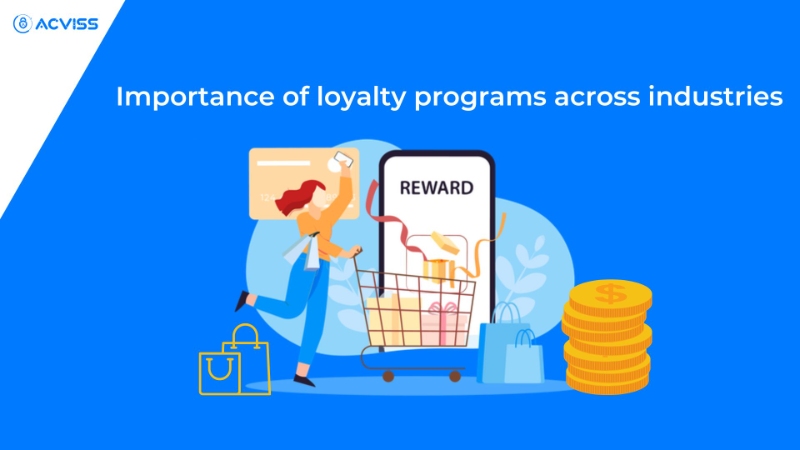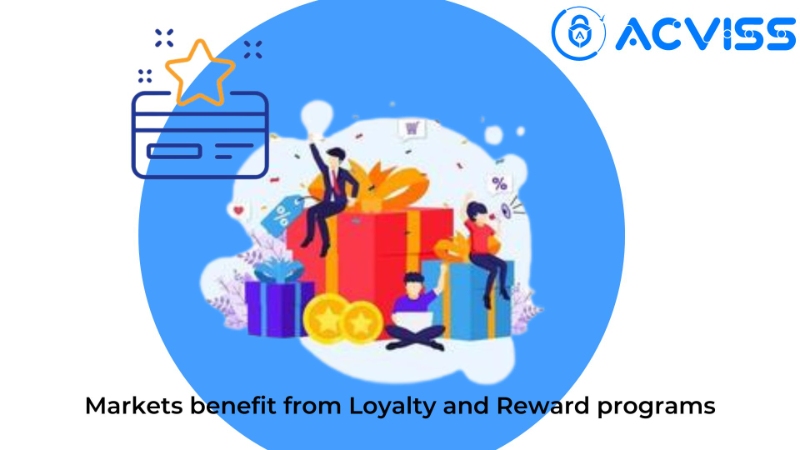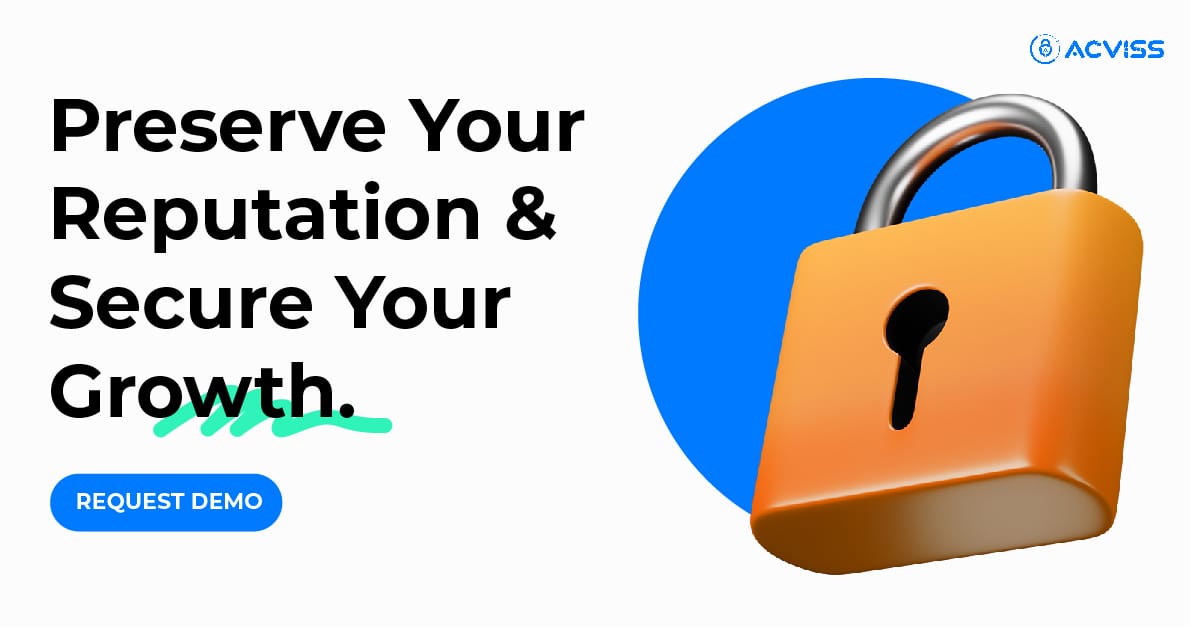The Importance of Loyalty Programs Across Industries: Do They Really Work?

Why Loyalty Programs Matter Across Industries
The business world has undergone significant transformations, but loyalty programs have stood the test of time. These initiatives have adapted and evolved to remain relevant, especially as digital transformation reshapes consumer behaviour. Brands must embrace loyalty programs not just as a marketing strategy but as a tool to build lasting relationships with their customers.
While traditionally associated with retail and travel, loyalty programs can benefit any sector. They are essential for brands aiming to:
- Increase customer referrals.
- Drive repeat purchases and customer lifetime value.
- Encourage the adoption of new products or services.
If your answer to these goals is a "yes," it’s time to reinvigorate your loyalty program.
Do Loyalty Programs Work?
Yes, they do—when executed effectively. Here are some statistics that showcase their impact:
- 60% of customers are more likely to spend on a brand that offers loyalty benefits (McKinsey, 2020).
- Multi-tiered loyalty programs influence 50% of customers to change their buying behaviour to reach the next level.
- A 5% increase in loyalty investment can boost profits by up to 100%.
- Customer retention, a pain point for 61% of retailers, sees significant improvement with loyalty programs.
Also, you can read more on Customer Retention And the Electrical Sector: How Loyalty Management is the Key?
The Modern Appeal of Loyalty Programs
1. Monetary vs. Social Rewards:
While 37% of customers value social rewards (like recognition), a majority (60%) prioritize monetary benefits, such as discounts or cashback. Striking a balance between these rewards can cater to diverse customer preferences.
2. Gamification:
Tiered loyalty programs leverage customers' goal-oriented nature. Gamification adds a sense of achievement, encouraging customer engagement across platforms.
3. Personalization:
In an era of digital interactions, customers value a personal connection. For 76% of customers, loyalty programs help maintain a relationship with the brand, fostering trust and repeat purchases.

Benefits of Loyalty Programs Across Industries
1. Indirect Marketing Through Trust:
Loyalty programs create brand advocates. Satisfied customers write positive reviews, engage with the brand, and refer new customers, driving organic growth.
2. Consumer Insights:
Data collected through loyalty programs can provide valuable insights into buyer behaviour, enabling targeted marketing and refined strategies.
3. Enhanced Customer Experience:
Loyalty programs extend the customer journey beyond the point of sale, fostering long-term engagement.
4. Alternative to Steep Discounts:
Loyalty programs encourage customers to prioritize brand quality over price drops, especially among millennials.
Why Loyalty Programs Fail and How to Avoid It
Loyalty programs fail due to:
- Lack of digital integration.
- Limited redemption options.
- Failure to identify genuine users for rewards.
Solution:
Brands need loyalty management systems that offer:
- Multi-platform accessibility.
- Flexible redemption options.
- Advanced analytics for actionable insights
BONUS - Acviss's Loyalty Management Solution
The BONUS delivers:
- Multi-tiered loyalty programs with transparency, control, and security.
- Real-time insights powered by machine learning.
- Multiple redemption options to enhance user experience.
- Seamless integration via app, web, or SDK on Android and iOS platforms.
With Acviss, brands can not only manage loyalty programs effectively but also ensure customer satisfaction and retention. Connect with us today and elevate your brand to the next level.
FAQs
What is the main purpose of a loyalty program?
Loyalty programs aim to retain customers for a long term, increase repeat purchases, and foster brand loyalty by offering rewards and exclusive benefits.Do loyalty programs work for all industries?
Yes, loyalty programs can benefit any industry, from retail and travel to healthcare and manufacturing, by driving customer engagement and retention.Why do loyalty programs fail?
Common reasons include poor implementation, lack of digital integration, limited rewards, and failure to meet customer expectations.What are the benefits of loyalty programs?
Loyalty programs boost customer retention, provide actionable consumer insights, enhance brand trust, and act as a cost-effective marketing tool.How does Acviss support loyalty programs?
Acviss's BONUS offers a comprehensive loyalty management solution with multi-tiered rewards, real-time analytics, and seamless integration for a personalized and engaging customer experience.How do loyalty programs benefit businesses financially?
Loyalty programs increase customer lifetime value, encourage repeat purchases, and reduce customer acquisition costs by fostering long-term relationships with existing customers.What makes a loyalty program effective?
An effective customer loyalty program offers personalized rewards, multiple redemption options, and seamless integration across digital platforms, ensuring a consistent and engaging user experience.Can loyalty programs help in collecting customer data?
Yes, loyalty programs are excellent tools for gathering customer insights. They provide data on buying behaviour, preferences, and trends, which can be used for targeted marketing and improving customer experience.Are multi-tiered loyalty programs better than single-tier ones?
Multi-tiered programs often perform better as they leverage gamification, encouraging customers to spend more and engage actively to achieve higher reward levels.What role does technology play in loyalty management?
Technology streamlines loyalty management programs by automating processes, offering real-time analytics, enhancing personalization, and integrating rewards across platforms like apps, websites, and physical stores.
